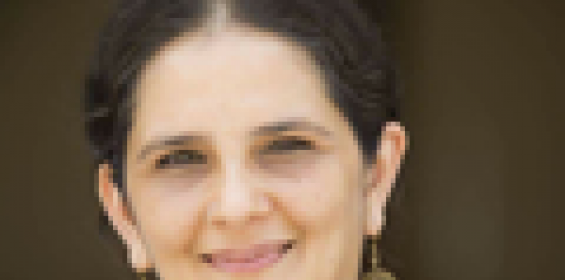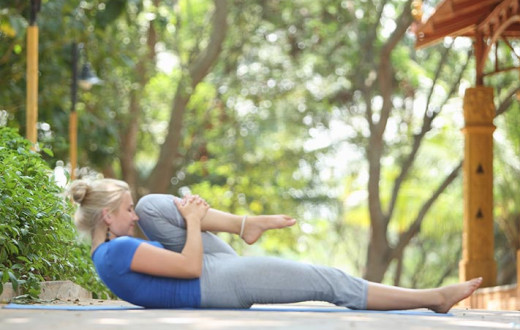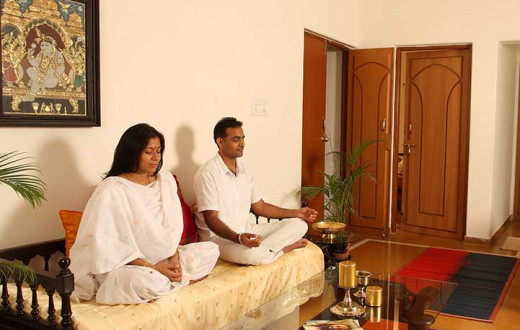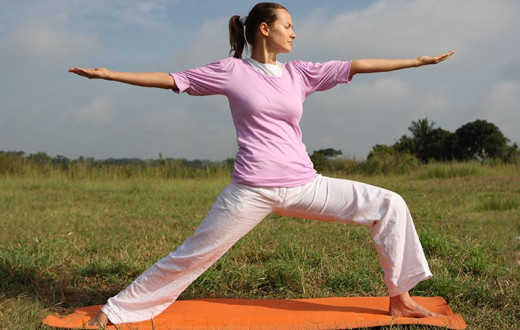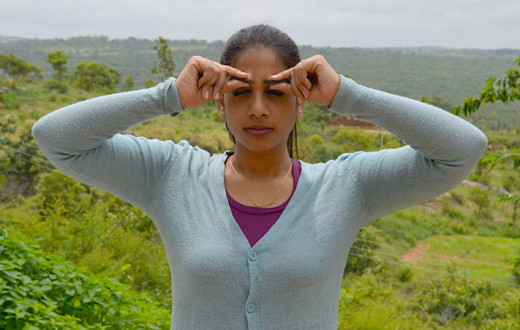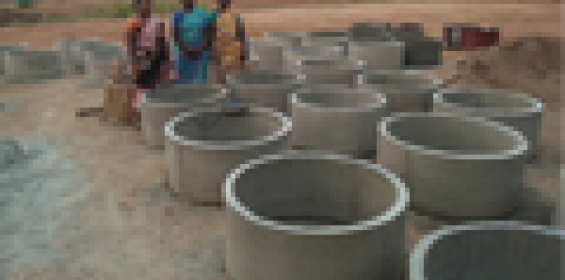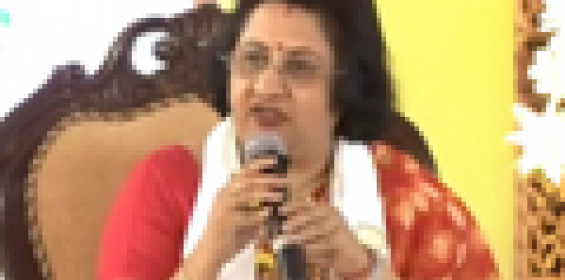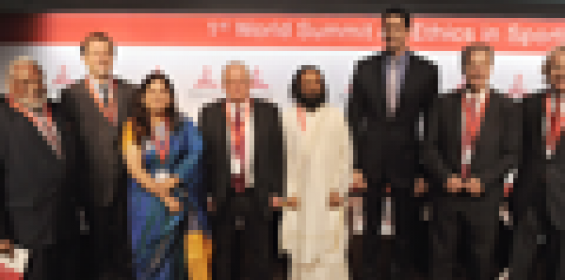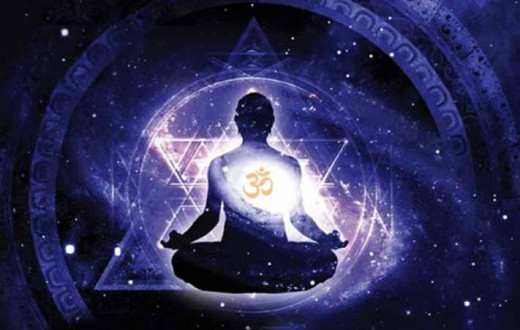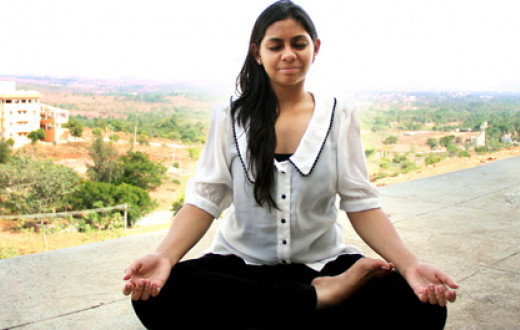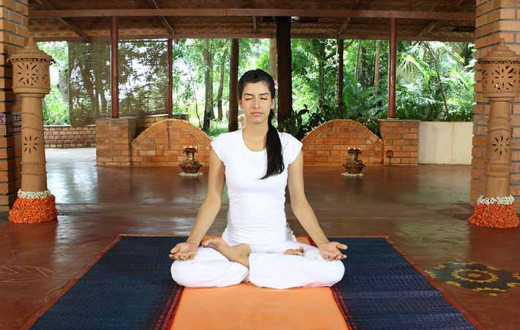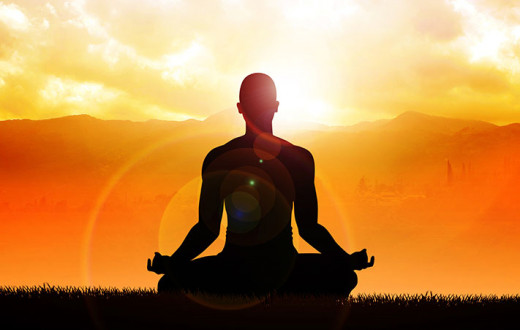Here’s Why This UN Staff Member is Joining the International Women's Conference
Recently I had an opportunity to speak with Sumathi Jayaraman, a senior staff member of UNICEF at the United Nations who is currently on leave and enjoying her vacation in India.
Sumathi is spending part of her time off attending the International Women’s Conference, joining over 400 hundred women from different walks of life at the Art of Living International Center in Bengaluru, India, from Feb 14-16, 2020.
Sumathi holds a Master’s in Business Administration from the UK and has participated in a number of career and leadership development courses for women in senior positions from a variety of prestigious organizations. Therefore, I was curious to know more about what inspired her to be a part of this particular conference.
Sejal: In your position at the UN, you’ve likely been invited to attend several conferences throughout the year. What drew you to the International Women’s Conference?
Sumathi: True, at the United Nations, I attend a lot of conferences. We have 193 member States. So for any decision or any policy or strategy, it's a lot of discussions and getting many people around the community on a particular agenda. So for me, this is not about us versus them. It is not about women versus men. It's about honoring the differences, celebrating diversity and encouraging women to find their place in society. I think that is really incredible.
While growing up, I always used to look for confident women, carving up their own space, and it was difficult to find such women. So when I come to a conference like this, I find that there's a speaker who is a chef, there's a speaker who's a lifestyle coach, there's a speaker who's gone into spirituality, there is one who is an environmentalist, there is one who's reached high levels in government, or the governor's office. A conference like this showcases different kinds of women who have been successful in their particular sphere. I think that's a fascinating way of showing women what to aspire for, because as a senior, personally, even for myself, I have to be honest that in my journey, it was very difficult to find the women who are role models.
When I worked internationally in the UK, Switzerland, of course in India, also and the most recently in the US, typically senior women leaders that I come across and work with, in my sphere, are the women who are kind of making it in a man's world. So they dress like men, they work hard to belong in a man’s world, or there is a stereotypical sort of women who take on a more typically feminine role of the secretarial, service industry, or support roles.
Sejal: Is women’s empowerment in the modern world of equality still important?
Sumathi: I think one of my main takeaways from all the literature that I have read about the theme of the conference and why I decided to register for the conference is that there was this one sentence, which I understand the founder of Art of Living, Gurudev Sri Sri Ravi Shankar has said, “No one needs to drop from the sky to empower women. Women are already empowered. And we just need to find that strength within.”
I think that is a game-changer because we talked so much in the world and the language of civil society and the UN, the narrative is so much that we have to empower women. And I think just turning that on its head and saying, hey, wait a minute, who has to come to empower anybody?
I'm really inspired by Gurudev's ideology, and I find that these women leaders at the conference are really carrying the spirit of this conference. That is, they've empowered themselves. They have created their own journeys, and they have achieved so much in their respective spheres and have broken the myths that you need a patron or you need a sponsor or you need this or that. You don't really need anything. You just need yourself, and you have the intellect, you have the talent, you have all the women's strengths of passion and compassion and dispassion, which again, is a conversation in this conference. And that brings you to be very grounded and at the same time, with a very broad vision and perspective.
I think for any leader, anything to achieve, whatever you're achieving, wherever you are—whether you are a homemaker or a nation builder—the skill of leadership is to accept and accommodate the different points of view and yet forge your own space. And I think watching people who have done this, listening to their stories is for me, such a progressive idea. And what this conference is doing is really that—so progressive, so forward-thinking and genuinely empowering in the truest sense of the word. And it has all different components like wellness for women, a little bit of dance, a little bit of fashion, great food—because a woman is all of these things. And to embrace all of that is the hallmark of this conference, I'm really looking forward to attending.
Sejal: The theme of this conference is about passion, dispassion, and compassion. What is your perspective on these three attitudes?
Sumathi: All three are very, very relevant to my work and something I've been reflecting on because, in my work, all my colleagues are passionate and compassionate. These two are very important aspects, and its part of our work. If you see United Nations’ staff everywhere, the amount of compassion they have for those who are not so privileged, and the passion with which they try to bring about change, is a daily inspiration.
But dispassion is important, and the skill is in also letting go, letting nature take its own course, letting women make their own choices, letting certain things be. That's a difficult one because passion and dispassion are seemingly opposite endeavors, but I think it has a much deeper meaning, and my personal reflection is that I can continue to be passionate and compassionate only if I am dispassionate.
If I want to keep my passion alive and continue to believe in the cause of my work at the United Nations, I have to demonstrate that quality of dispassion. Dispassion does not mean a lack of interest or a lack of support or care for the people around you. Dispassion is also knowing when to let go, letting go of my actions and letting the results happen in their own time and space.
I connected with someone from Mission Green Earth, and as he was explaining this to me, it really clicked: he said you have to have the passion to plant trees and the compassion to care for the planet, but you have to be dispassionate and let nature take her course. I think this a beautiful example of these three dimensions coming together in our lives.
Come and meet and listen to stories of women of substance, women who are change makers, and be inspired. Find all the speakers of the IWC 2020 here.
Article sourced from artofliving.org website.
Sejal Shah, E-YRT 500 Sri Sri Yoga Teacher, YACEP, Meditation Teacher, Happiness expert, NYU Post Graduate Medical School approved Yoga-CME retreat facilitator, Mind-Body Wellness Writer, Homeopath. She can be followed on Instagram, Twitter, and Facebook.

























